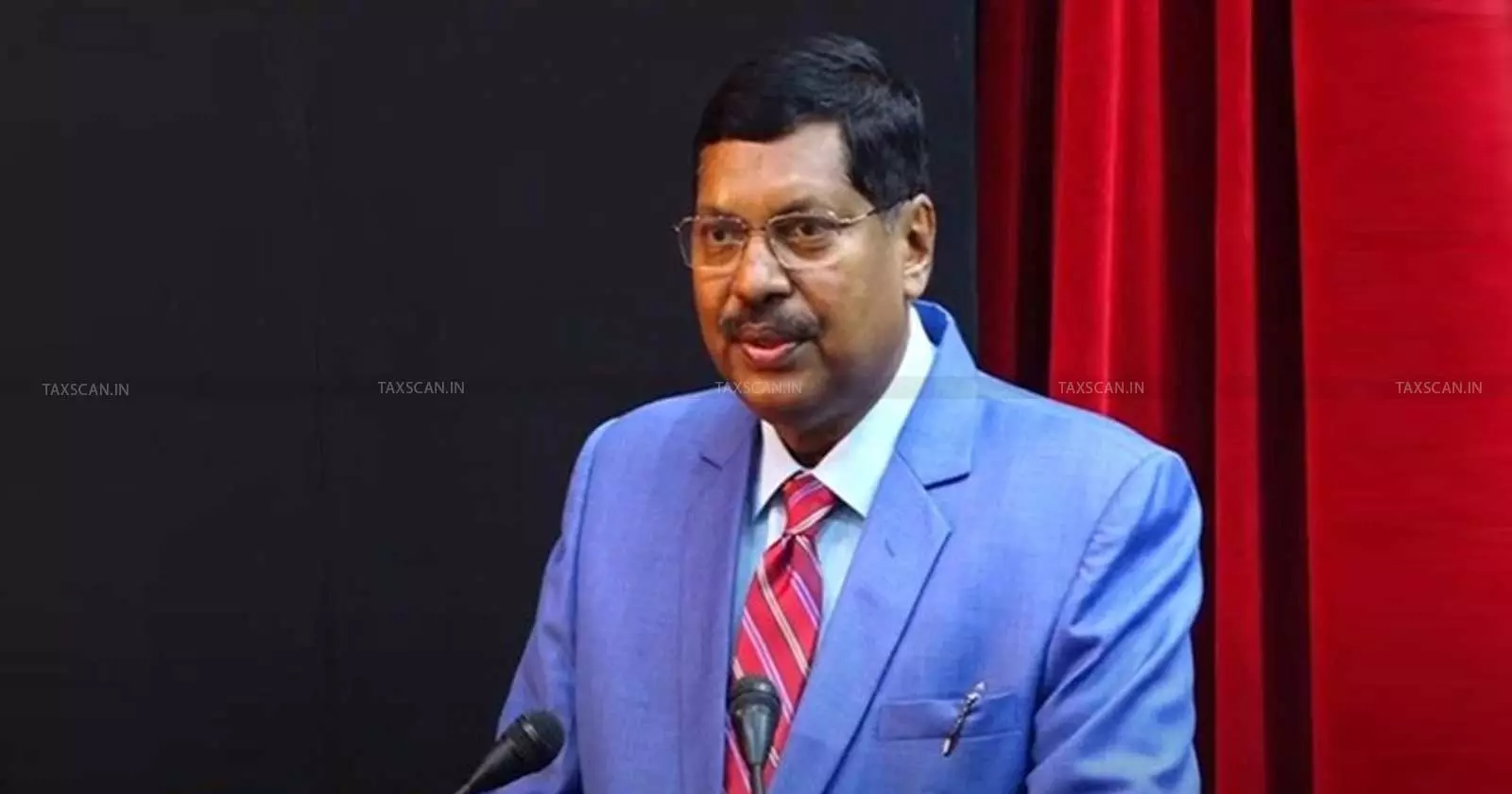₹6.85 Lakh Crore Worth of Cases, Over 2% of GDP Pending in Tax Tribunal, Says CJI B. R. Gavai
CJI B. R. Gavai said Rs. 6.85 lakh crore worth of tax cases amounting to over 2% of India’s GDP, remain pending before the Income Tax Appellate Tribunal, calling for urgent reforms to speed up their resolution

Chief Justice of India (CJI) B. R. Gavai on Thursday expressed concern over the huge pendency of tax-related cases before the Income Tax Appellate Tribunal (ITAT), stating that disputes worth about Rs. 6.85 lakh crore more than 2% of India’s GDP are still awaiting resolution.
Speaking at an event marking the Foundation Day of the ITAT, the CJI said the growing backlog of tax cases highlights the urgent need for reforms in the tribunal system. “Rs. 6.85 lakh crore, which amounts to over 2% of the country’s GDP, still lies for consideration before the Tribunal,” he said. “Such a huge amount locked in litigation has a direct impact on the economy and public revenue.”
Justice Gavai urged the government and judicial authorities to take immediate steps to strengthen the functioning of tribunals and ensure timely disposal of cases. He also explained that the eligibility criteria for appointments should be revised to attract experienced practitioners earlier in their careers.
 Also Read:Tax Tussle Over Aircraft Parts: Supreme Court issues Notice to IndiGo on Centre's plea Against IGST Exemption [Read Judgement]
Also Read:Tax Tussle Over Aircraft Parts: Supreme Court issues Notice to IndiGo on Centre's plea Against IGST Exemption [Read Judgement]
Comprehensive Guide of Law and Procedure for Filing of Income Tax Appeals, Click Here
“Eligibility criteria should be adapted to attract senior practitioners at a point in their careers where their experience can be effectively applied, rather than deferring appointments to the very end of their professional lives,” he said.
The CJI called for “systematic induction and continuing education programmes” to improve adjudicatory skills and reduce inconsistencies in decisions. He also suggested the early identification of conflicting rulings through special benches and internal reference mechanisms to ensure uniformity in judgments.
Explaining the need for better administrative support, Justice Gavai said, “Stable secretariat support, adequate registry staff, and greater control over infrastructure are essential to prevent disruptions in judicial work.”
The Chief Justice stated that timely resolution of tax disputes would not only boost investor confidence but also contribute significantly to the nation’s economic growth. “The judiciary must strive to deliver justice efficiently, for every pending case represents resources withheld from development,” he added.
Support our journalism by subscribing to Taxscan premium. Follow us on Telegram for quick updates


